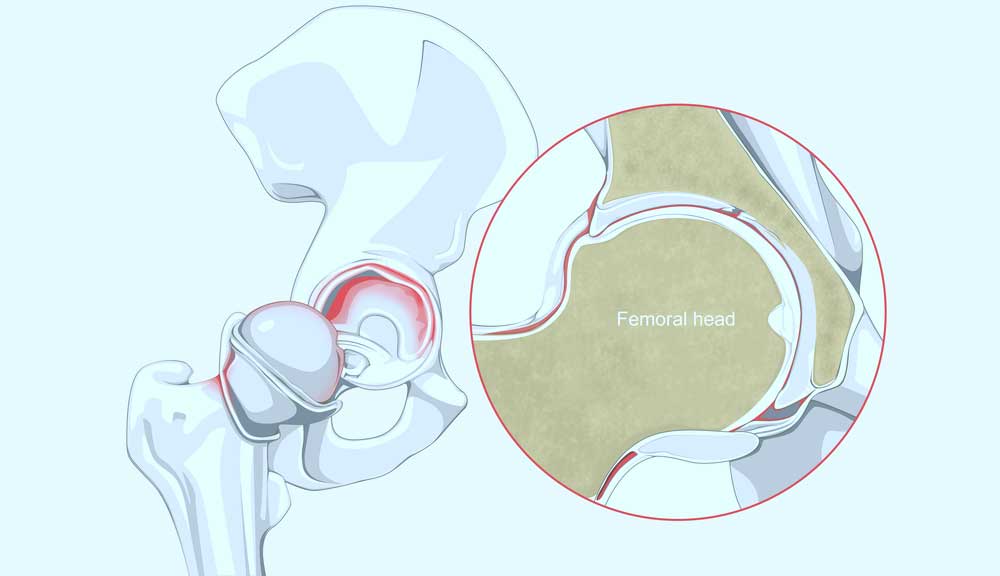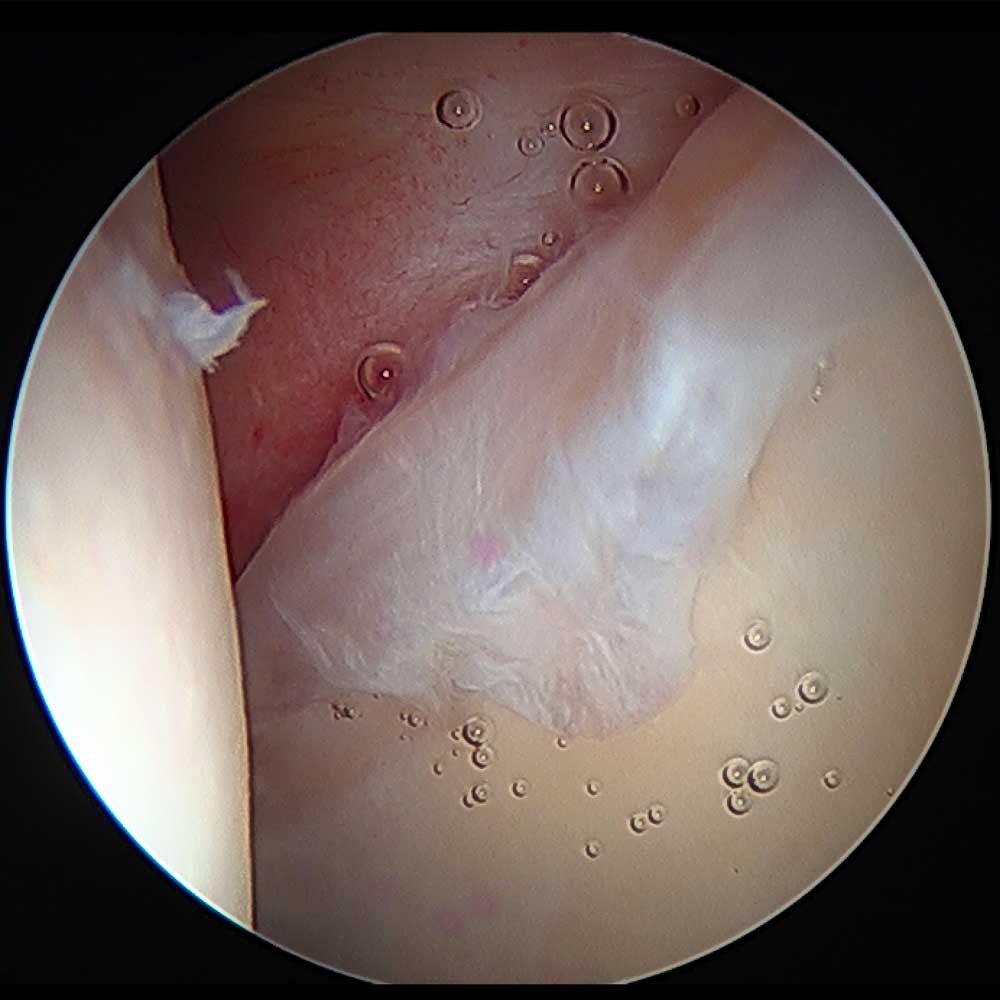If you are an athlete or an active individual, you may think hip pain is a normal part of your active lifestyle. It may be true, to a point. Some aches and pains are part of the body’s process of getting fit, changing exercise routines, or earning new muscle. However, when that pain becomes chronic, or when it begins to interfere with you regular workout routine or even daily activities, it’s time to see a specialist.

What does a hip labrum tear feel like?
The most common complaint I hear from my patients in Manhattan, Brooklyn, New York City, and surrounding New York boroughs who have torn their hip labrum, is deep pain in the groin area. Other common symptoms include:
- Deep, nagging pain in the hip that gets worse with movement
- A clicking or popping sound with movement
- Locking sensation in the hip
- Decreased range of motion
- Stiffness
Many symptoms of a hip labrum tear are acerbated by movement, bending the hip, or straining the hip joint.
Is it easy to tear your hip labrum?
The hip labrum is relatively sturdy and doesn’t “just tear.” There are a few things that can make you more susceptible to a torn hip labrum, including the types of sports you participate in, or even degenerative hip conditions. A few things that make a hip labrum tear more likely include:
- Participation in some types of sports: High impact sports and sports that require powerful repeated motions of the hip can lead to hip trauma. These sports can include hockey, football, soccer, dancing and even golf.
- Degenerative health conditions: Osteoarthritis can cause gradual degeneration of the hip labrum as well as older age (the labrum can wear down)
- Excessive weight: The labrum is responsible for transferring load across the hip while keeping the femur in the socket. Excessive weight on the hip can cause the labrum to wear abnormally and tear.
- Structural hip conditions: Conditions like FAI (femoroacetabular impingement) can cause the femoral head to fit irregularly in the hip socket. This can cause long-term groin pain and decreased range of motion. FAI is the most common cause of hip labrum tears.
Which part of the labrum tears the most often?

I classify labrum tears according to where they tear in the hip: anterior labral tears (in the front of the hip) and posterior labral tears (back of the hip). The most common tears are in the front portion of the labrum, explaining why groin pain is common. This portion of the labrum lacks blood vessels and thus the ability to heal itself. The lack of blood vessels can make this area of the labrum more susceptible to injury.
When do I need to see a doctor for hip pain or a possible labrum tear?
Long-term hip pain is not normal. Specifically, if your hip pain lasts longer than a few days (4 or 5) it’s good to get it checked. The longer you go without treatment and a proper diagnosis, the harder it can be to heal.
If I have a torn labrum, do I need surgery?
The short answer is not always. Some hip labrum tears can be managed without surgical intervention. While the labrum does not heal on its own, there are things you can do to alleviate pain and other associated symptoms. If the labrum tear is severe however, surgery is recommended. You can learn more about a torn hip labrum here: Hip Labrum Tear. The treatment options for a severely torn labrum can be found here: Hip Labrum Repair and Reconstruction.
For additional resources on whether you have torn your hip labrum or not, or on managing hip pain with or without surgery, please contact the office of Benedict Nwachukwu, MD, orthopedic shoulder surgeon serving Manhattan, New York City and surrounding New York boroughs.





